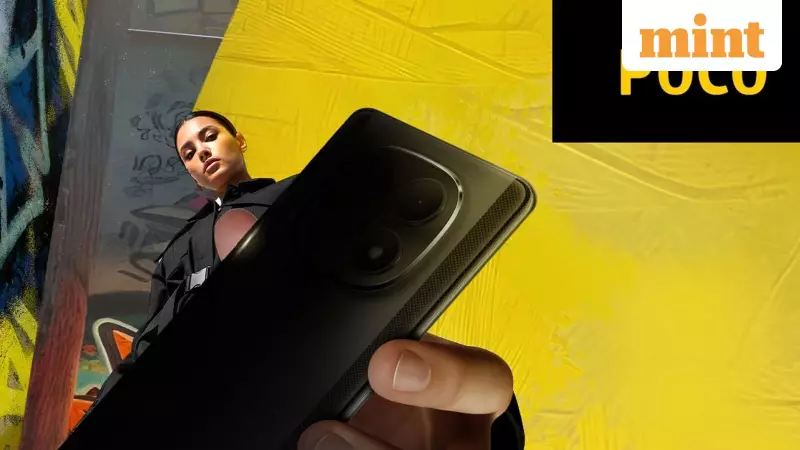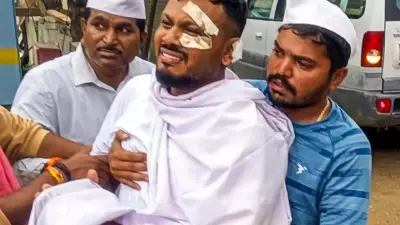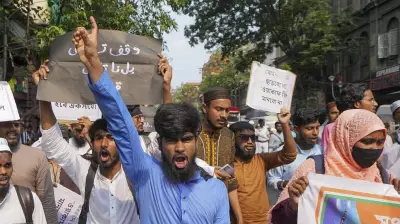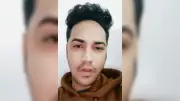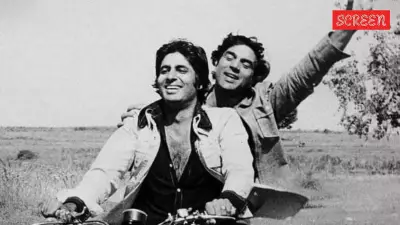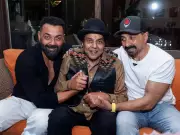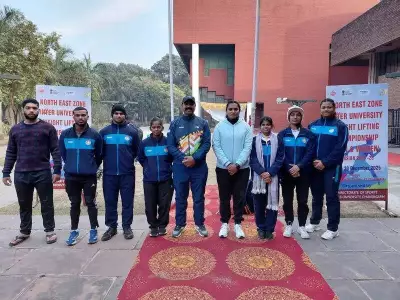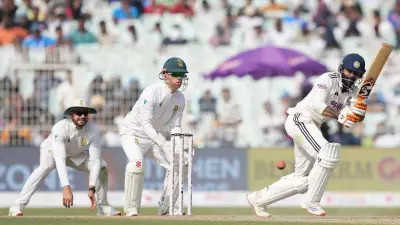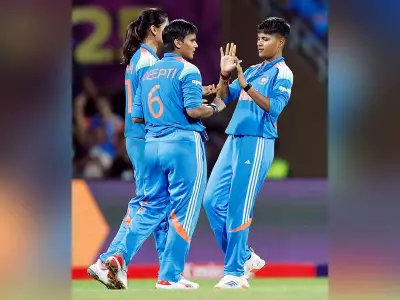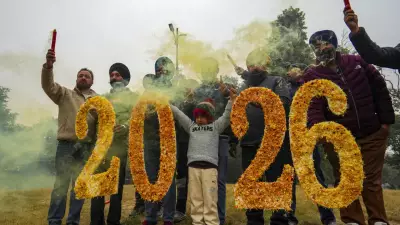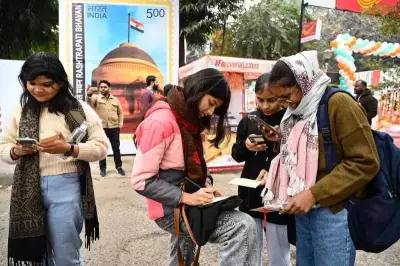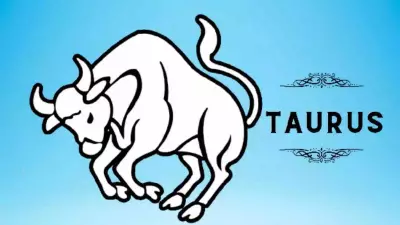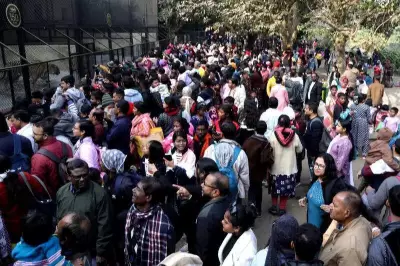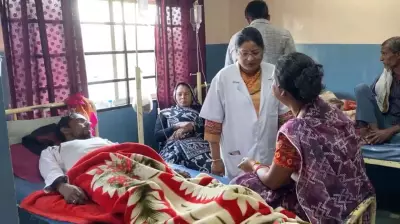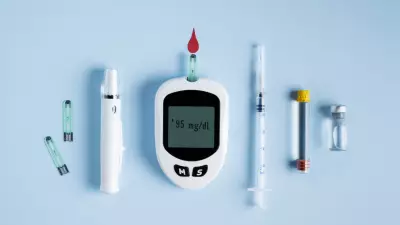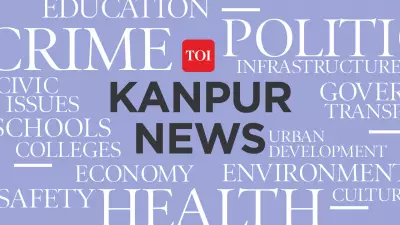Politics
Uttar Pradesh 2025: Waqf Reforms, Madrasa Overhaul & Mosque Disputes Grab Headlines
2025 saw Uttar Pradesh focus on Waqf board reforms, madrasa surveys, and disputes over mosques. The Kanwar Yatra route inspection also sparked debate. Explore the key developments.
World
Maduro Claims 9 Aircraft Shot Down in 24 Hours Amid US Military Moves
Venezuela's President Maduro says defence forces shot down aircraft linked to drug trafficking. The announcement comes as US military activity increases in the region, sparking tensions. Read the full story.
Business
New Year's Eve Strike: 1.5 Lakh Gig Workers to Halt Deliveries Over Pay, 10-Min Model
Delivery services in Delhi-NCR face New Year's Eve disruptions as gig workers strike for transparent pay and a ban on 10-minute delivery models. Over 1.5 lakh expected to join.
Entertainment
Amitabh Bachchan Reveals Dharmendra's 'Pehelwan' Grip Made His Sholay Death Scene Agony Real
Amitabh Bachchan shared a heartfelt memory of Dharmendra on KBC, revealing how the late actor's strength made his iconic Sholay death scene painfully authentic. Read the full story.
Lifestyle
Health
Contaminated Water Kills 3 in Indore, Official Fired
Three dead, over 40 hospitalized in Indore due to contaminated water. Municipal official sacked. Details on the crisis in India's cleanest city and the official response.
Hidden Germs in Your Washing Machine: A Health Risk
A new study reveals bacteria and fungi thrive in washing machines, risking skin irritation. Learn 3 easy habits to keep your laundry and family safe.
Sesame Seeds Can Reduce Bloating, Says Harvard Expert
Feeling heavy after meals? A Harvard-trained gastroenterologist explains how sesame seeds boost bile production to digest fats better, reducing bloating naturally. Try it this week!
Hidden Germs in Your Washing Machine: A Health Risk
A new study reveals bacteria and fungi thrive inside washing machines, posing risks for sensitive skin. Learn 3 easy habits to keep your laundry and family safe.
Type 5 Diabetes: IDF Officially Recognises Malnutrition-Linked Form
The IDF officially recognises Type 5 diabetes, a malnutrition-linked form affecting up to 25 million. Learn about its history, symptoms, and why this changes care for millions in India and Africa.
Technology
Get Updates
Subscribe to our newsletter to receive the latest updates in your inbox!
We hate spammers and never send spam

